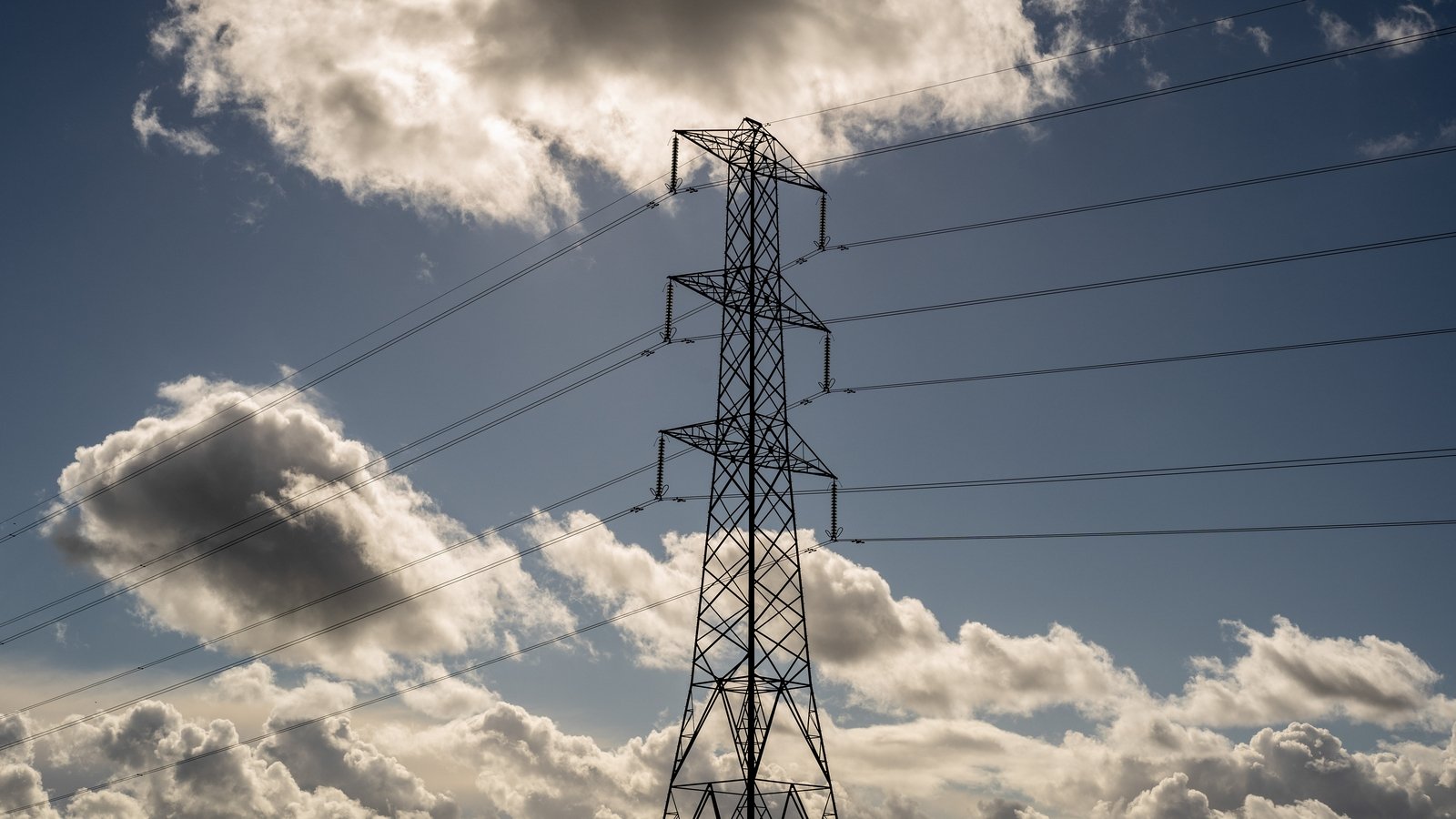A strategy for energy savings to help reduce greenhouse gas emissions in Northern Ireland to net zero by 2050 has achieved just 1% of its target in the past four years, according to a new report.
The Northern Ireland Audit Office has described the shortfall as “staggering”.
It also says significant flaws mean it is difficult to assess whether around £107 million spent on the initiative to date represents value for money.
The report says there is a risk that key targets will not be achieved.
The Stormont Assembly declared a climate emergency in February 2020 and the Department for the Economy published its Energy Strategy in December the following year, with three key targets to be completed by 2030.
The Climate Change Act (Northern Ireland) of June 2022 set a statutory target of net zero carbon emissions by 2050 and placed a duty on government departments to function in a way that would help achieve that target as quickly as possible.
‘Staggering shortfall’
The report by the Northern Ireland Audit Office says that there are significant shortfalls in relation to two of the three 2030 targets.
One target was a saving of 8,000 gigawatt hours of energy by 2030, but by the end of March this year only 90 GWh of savings were reported, just 1% of the target.
“That is a staggering shortfall in the target that they have set for themselves,” Dorinnia Carville, Northern Ireland’s Comptroller and Auditor General, told RTÉ News.
“This energy strategy was first published in 2021, we’re only five years out from the target date so there is considerable work to be done if the department is going to achieve that target.”
The strategy also aims to meet at least 80% of Northern Ireland’s electricity consumption from renewable sources within the same timeframe, but the amount reported in March was 45%, a shortfall of 35%.
The third key target was to double the size of Northern Ireland’s low carbon and renewable energy economy to a turnover of more than £2bn by 2030. It is currently estimated to be £1.58bn.
Expenditure on the strategy to date is around £107m, which includes the creation of an Energy Group that employs 134 staff.

Northern Ireland’s Comptroller and Auditor General Dorinnia Carville says there are ‘real concerns’ that key targets will not be met
“Successful implementation requires good governance and effective oversight, and this report highlights concerning shortcomings in these areas,” Ms Carville added.
“Because of the lack of oversight and monitoring of performance we cannot say that that £107 million pounds represents good value for money.”
As part of the initiative, there have been 74 Energy Strategy Action Plans during the past three years, but the report says it is unclear what contribution each of them was intended to make.
It cites a lack of clarity and precise detail, as well as the absence of interim milestones or measurable outcomes to help determine the pace of progress towards meeting key targets.
“The action plans underpinning the strategy are not linked to the targets, the actions weren’t completed in many stages, they just dropped away, and they’re significantly delayed as well,” the Comptroller and Auditor General said.
“We have real concerns that the key targets in Northern Ireland’s Energy Strategy will not be met.”
The audit office says that the monitoring of some targets by a group tasked with oversight of the initiative only took place for the first time in September last year, almost three years after the strategy was published.
‘Too much talking and not enough action’
Experts have said planning delays are a major factor, with permission for renewable energy projects in Northern Ireland taking up to three years or longer while similar projects in other parts of the UK can receive approval within a year.
The report suggests there is too much talking and not enough action, with a tendency to carry out public consultations hindering progress.
It says the energy sector in Northern Ireland is unique as a higher relative proportion of greenhouse gas emissions are generated by agriculture (29%), and a large proportion of homes and businesses remain dependant on oil for heating.
Domestic transport accounts for 18% of emissions, heating buildings 15%, electricity supply 14% and industry 10%.
The report makes five recommendations including a strategic assessment of the extent to which proposed actions will deliver progress against the three key targets, and a review of the effectiveness of governance and performance reporting arrangements.
We need your consent to load this rte-player contentWe use rte-player to manage extra content that can set cookies on your device and collect data about your activity. Please review their details and accept them to load the content.Manage Preferences
